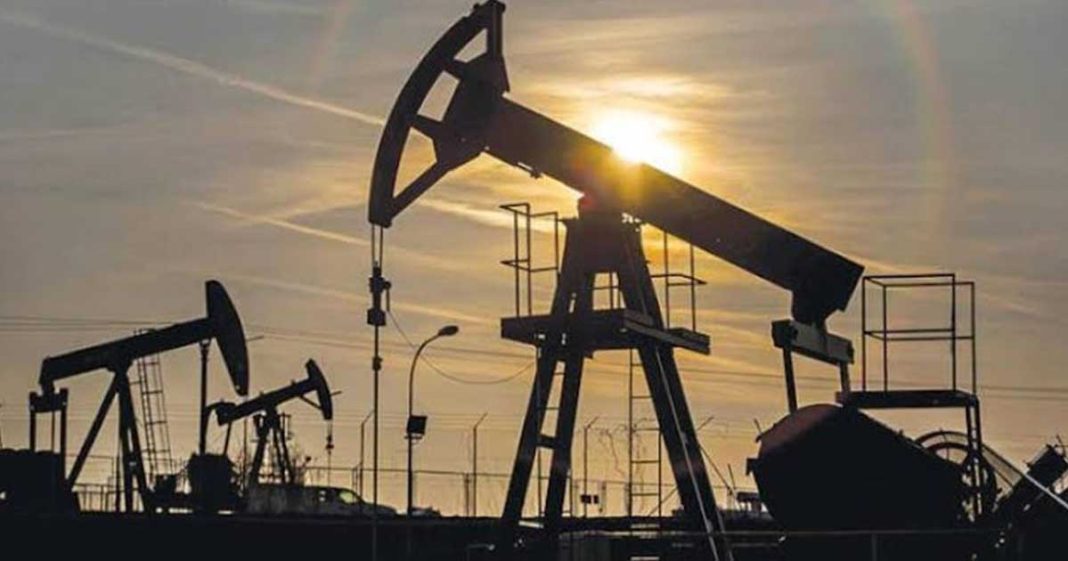Pakistan’s current energy crisis has forced the country to take the matter to discuss the issue at the United Nations. Pakistan urged the international community on Tuesday to evolve a financing mechanism to offset the high energy prices for the most severely affected countries.
Speaking at an ambassador-level briefing of the Group of 77 at the United Nations, Pakistan’s permanent envoy Munir Akram said that “highest priority must be given to ensuring energy access to all, from all sources.”
“This should include ensuring equitable access to energy sources and a financing mechanism to offset the high prices,” Munir Akram said.
Read more: Textile sector’s gas suspension to cause $1B loss: APTMA
Energy is an entry point for the achievement of most of #SDGs.We need to accelerate the momentum in the construction of renewable energy projects & create mechanisms to provide high upfront capital costs to developing countries on affordable terms: Amb Munir Akram @G77_2022Chair pic.twitter.com/0M0sFBw7lF
— Permanent Mission of Pakistan to the UN (@PakistanUN_NY) July 12, 2022
Pakistan gas crisis
Pakistan is currently facing an energy crisis as its monthly fuel oil imports are set to hit a four-year high. The country’s fuel oil imports could climb to about 700,000 tonnes. Furthermore, with the dire economic conditions, Pakistan cannot afford a high import bill.
Moreover, global supply-chain disruptions owing to the Russia-Ukraine war have led prices of energy commodities including LNG to skyrocket. On the other hand, Pakistan is dealing with fuel shortages, particularly in its power sector, as electricity consumption spikes in the summer months, leading to power outages across the country.
The incessant power outages have become a nuisance for Pakistanis who are facing difficulties in carrying out their daily activities. Industries are also facing heavy losses, especially the export sector.
Read more: Pakistan takes initial steps to bring Russian oil
The incumbent government is trying hard to mitigate the crisis. However, there are fears that the energy crisis may worsen because the country’s purchaser of Liquefied Natural Gas (LNG) failed to receive a single offer for its latest tender, the media reported.
Just days ago, Pakistan LNG Limited (PLL), a wholly-owned subsidiary of Government Holdings Private Limited (GHPL), invited bids for ten LNG cargoes from international suppliers during the July-August-September window.
Suppliers were asked to submit bids by July 7. As per PLL documents, each cargo was to have a volumetric quantity of 140,000m3. However, in an unusual development, the state-owned LNG purchaser did not receive a single offer in a $1 billion LNG purchase tender, said the Bloomberg report, citing traders with the knowledge of the matter.














